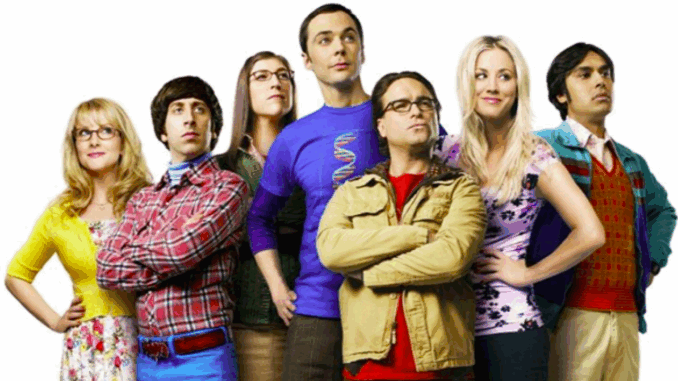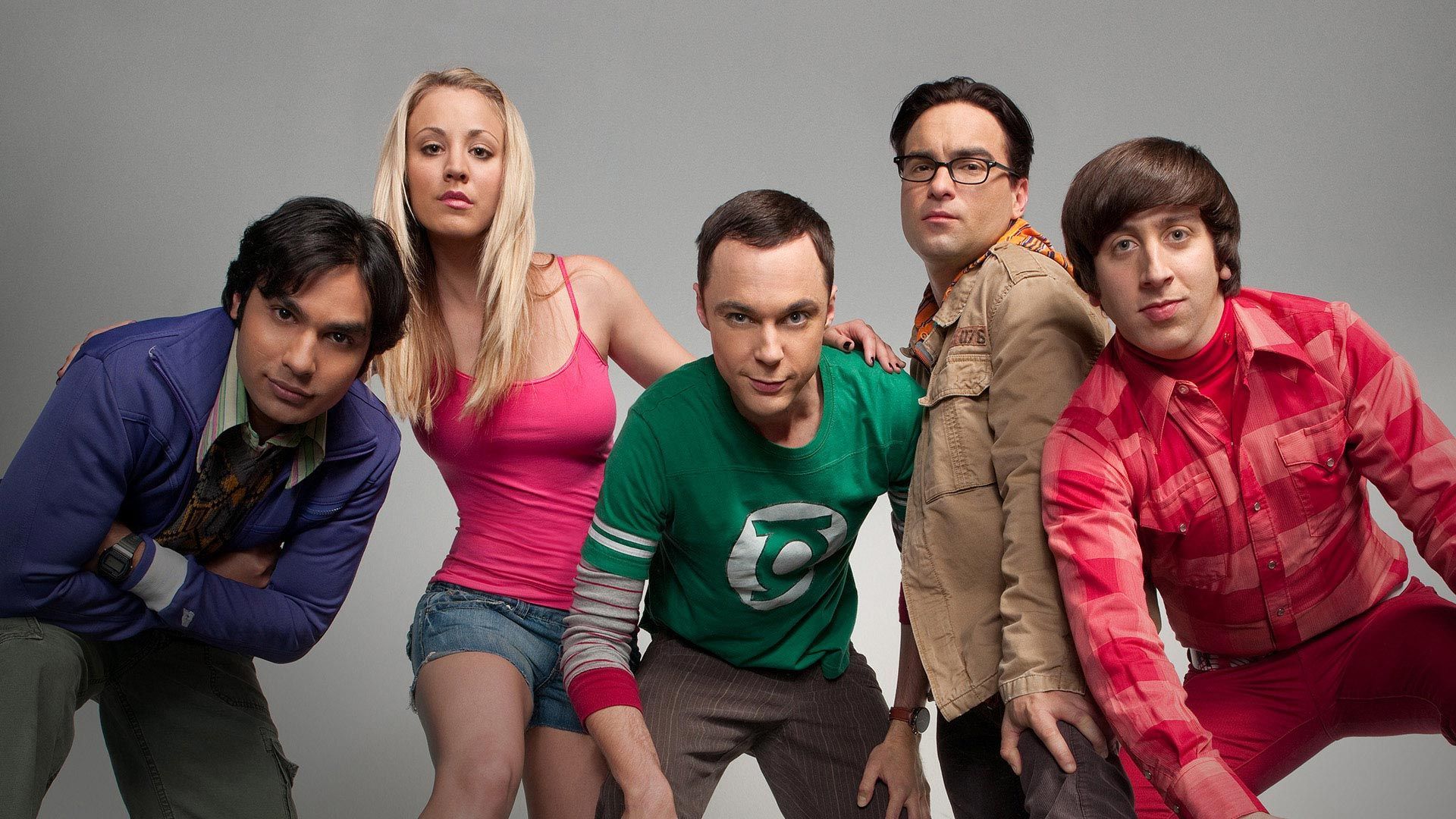
A Sitcom Unlike Any Other
When The Big Bang Theory first aired in 2007, few could have predicted the cultural impact it would have over the next twelve years. At a glance, it was just another multi-camera sitcom with a laugh track, but it offered something revolutionary: four scientists who weren’t trying to be cool—they were unapologetically themselves. Leonard, Sheldon, Raj, and Howard weren’t the typical TV leads. They were socially awkward, brilliant, and passionate about things once deemed fringe or even childish: comic books, Star Trek, string theory, and Dungeons & Dragons.
But something remarkable happened. Millions of viewers tuned in week after week—not to laugh at the nerds, but to laugh with them. And in doing so, audiences slowly began to understand and embrace the beauty of geek culture.
From Outcasts to Icons
Before The Big Bang Theory, nerds on television were side characters. They were the butt of the joke or the overachieving classmates. This show placed them front and center and made them human. Leonard’s vulnerability, Sheldon’s precision, Raj’s social anxiety, and Howard’s bravado covered a wide spectrum of personalities—and people recognized themselves in those characters.
The brilliance of the show wasn’t just in its writing, but in its timing. The mid-2000s saw a resurgence in superhero films, the rise of Comic-Con, and a greater public fascination with technology and science. The Big Bang Theory hit at the sweet spot: it was smart without being elitist, nerdy without being obscure, and funny without being cruel.
The Science Behind the Laughter
While many sitcoms stay clear of complex subjects, The Big Bang Theory leaned into it. Physics, engineering, and even theoretical concepts like quantum mechanics were woven into the dialogue. To maintain scientific accuracy, the show hired Dr. David Saltzberg, a professor of physics and astronomy at UCLA, as a consultant. Every equation on the whiteboards, every reference to Nobel-winning experiments, was real.
But perhaps more important than the accuracy was the passion. These characters didn’t just do science—they loved it. Sheldon waxed poetic about string theory. Leonard debated the merits of particle physics. Amy and Bernadette discussed biology with confidence and ease. For many viewers—especially students and aspiring scientists—these characters were role models.
Changing the Face of Geek Culture
The impact of the show went beyond TV ratings. Suddenly, cosplay wasn’t just for niche conventions—it was cool. Board games saw a resurgence. Comic book sales spiked. Tech companies leaned into the “geek chic” aesthetic. Geek wasn’t just acceptable—it was desirable.
Importantly, the show brought visibility to hobbies and interests that had long been stigmatized. A fan wearing a Green Lantern shirt or quoting Spock in public no longer seemed like an oddity. Instead, it was a shared language. The show also helped debunk the myth that science is cold or boring—it showed that scientific inquiry is creative, passionate, and deeply human.
Criticisms and Course Corrections

Of course, The Big Bang Theory wasn’t without its flaws. Early seasons leaned heavily on stereotypes—especially regarding Sheldon’s neurodivergent traits and the guys’ social ineptitude. Some critics also called out the show’s treatment of women, particularly in how Penny was initially portrayed as the beautiful but ditzy neighbor.
But over time, the series evolved. Penny became a fully developed character with ambitions and depth. Amy and Bernadette joined the core cast, adding dimension and showcasing women in science. The relationships matured. Jokes became less one-dimensional. By its final seasons, the show had grown in step with its audience.
A Legacy Written in Stars—and Equations
When The Big Bang Theory ended in 2019 after 279 episodes, it had become the longest-running multi-camera sitcom in TV history. But more than that, it had left a legacy. It inspired a generation to pursue STEM careers. It made millions of people feel seen and valued. It proved that intelligence and emotional depth could coexist in comedy.
The characters may have been fictional, but their impact was real. They showed that being different isn’t just okay—it can be extraordinary. In a world that often divides us by interests, backgrounds, and beliefs, The Big Bang Theory reminded us that friendship, curiosity, and laughter are truly universal forces.